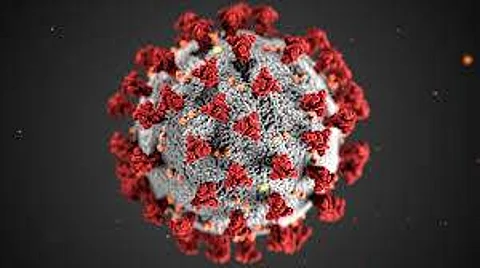

Recently a Johns Hopkins School of Medicine study found that although two SARS-CoV-2 variants are associated with the higher transmission, patients with these variants show no evidence of higher viral loads in their upper respiratory tracts compared to the control group.
The emergence and higher transmission of the evolving variants of SARS-CoV-2, the virus that causes COVID-19, has been concerning. The researchers investigated B.1.1.7, the variant first identified in the UK, and B.1.351, the variant first identified in South Africa, to evaluate if patients showed higher viral loads, and consequently increased shedding and transmissibility.
Variants were identified using whole-genome sequencing. Researchers used a large cohort of samples to show that the UK variant constituted 75 per cent of the circulating viruses by April 2021. The researchers compared 134 variant samples to 126 control samples and with access to the patients' clinical information, were able to correlate the genomics data with the clinical disease and outcomes.
All samples underwent additional testing to determine their viral load. The information was associated with the stage of the disease by looking at the days after the start of symptoms which added clarity in comparing viral shedding between groups.
"The reason why these variants show higher transmissibility is not yet clear," said Adannaya Amadi, lead author of the study. "However, our findings did show that the patients infected with these variants are less likely to be asymptomatic compared to the control group. Although those infected with the variants were not at higher risk for death or intensive care admission, they were more likely to be hospitalised."
This study was performed at Dr Heba Mostafa's research laboratory at Johns Hopkins School of Medicine, which has been performing large-scale whole-genome sequencing of SARS-CoV-2 for the State of Maryland and contributing data to the national publicly available surveillance figures.
